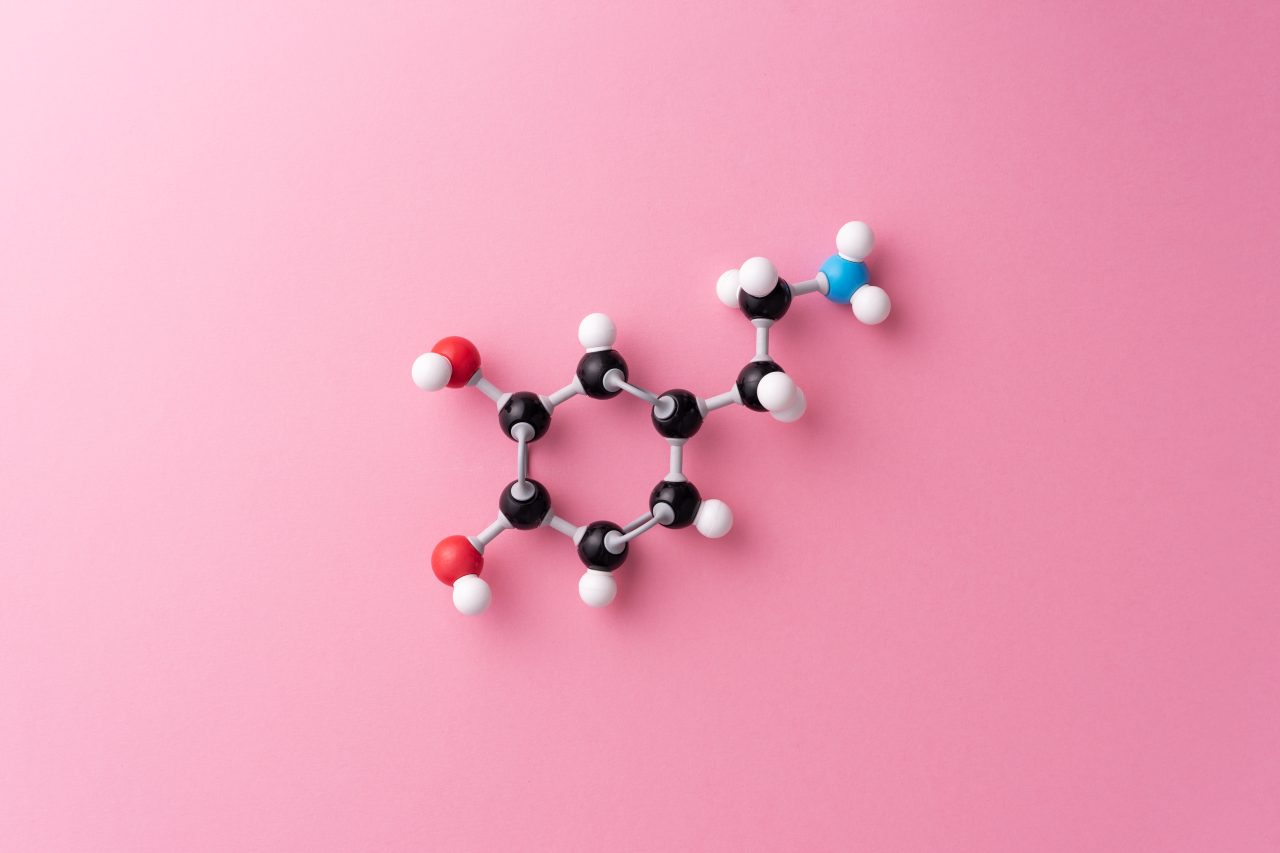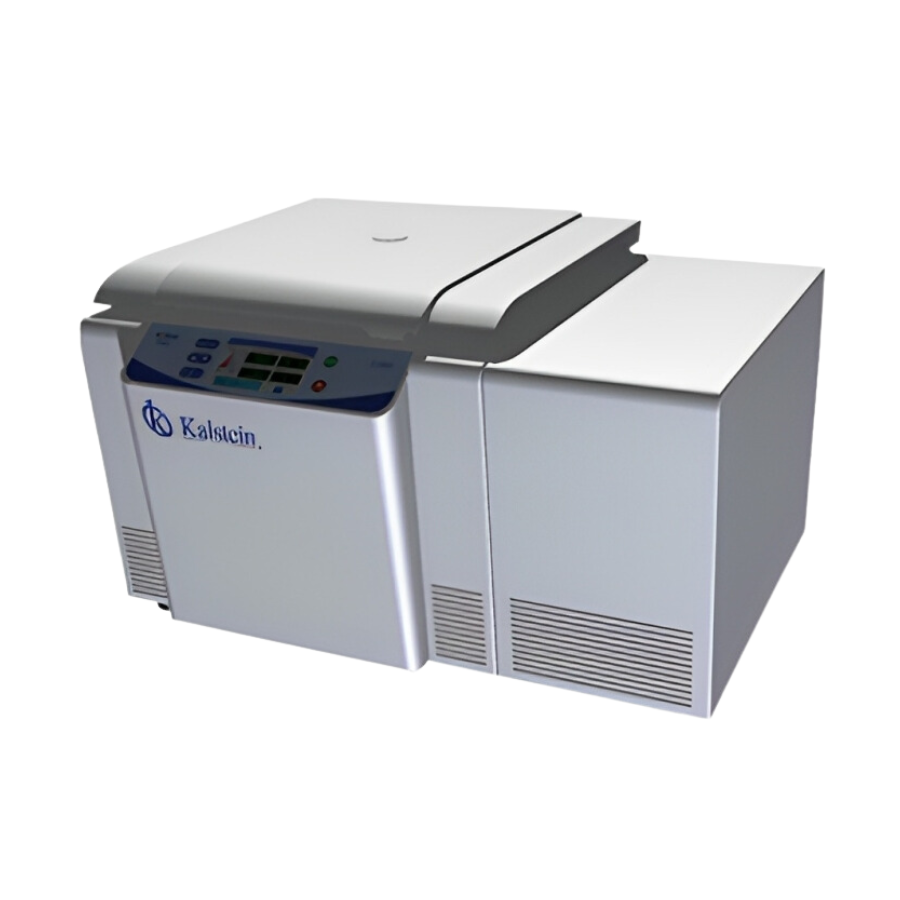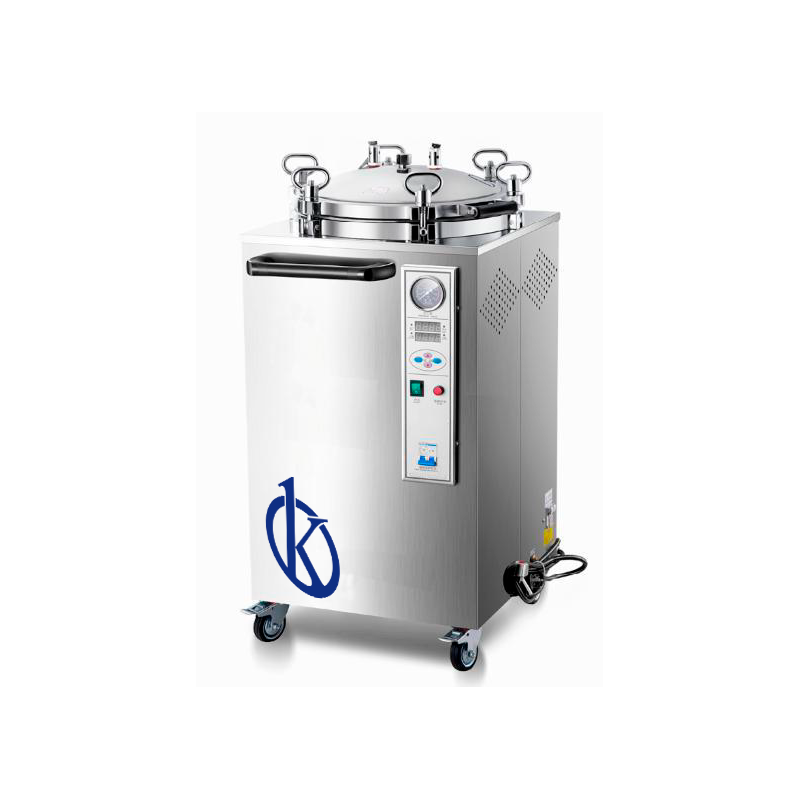Dopamine is a chemical messenger (neurotransmitter) of the central nervous system (our brain). Activates 5 types of cellular dopamine receptors, from D1 to D5.
This substance, although it is produced in different parts of the brain, finds its main factory in the substantianigra (in the zone of the mesencephalon). But likewise it is also a hormone that can be released by the hypothalamus, but in this case more as a function of inhibiting the production of prolactin from the pituitary gland. Dopaminergic transmission can play different roles in affective processing, particularly in abstract cognitive activities.
Understanding how the brain translates a structured sequence of sounds, such as music, into a pleasurable and rewarding experience is a fascinating question that may be crucial to better understand the processing of abstract human rewards.
Previous neuroimaging findings point to a challenging role for the dopaminergic system in the pleasure evoked by music. However, there is a lack of direct evidence to show that the role of dopamine is causally related to pleasure.
We experiment from music. We addressed this problem through a double-blind pharmacological design within the subject in which we directly manipulated the dopaminergic synaptic availability while they were healthy.
The participants (n = 27) devoted themselves to listening to music.
We administered orally to each participant a dopamine precursor (levodopa), a dopamine antagonist (risperidone) and a placebo (lactose) in three different sessions. We showed that levodopa and risperidone produced opposite effects in measures of pleasure and musical motivation: while dopamine precursor levodopa, compared to placebo, increased hedonic experience and motivational responses related to music, risperidone drove to a reduction of both.
This study shows a causal role of dopamine in musical pleasure and indicates that dopaminergic transmission can play different or additive roles to those postulated up to now in affective processing, particularly in abstract cognitive activities
Musical pleasure, in contrast to what happens with primary rewards, may depend on modulations of emotional arousal and intensity caused by expectations and surprises provoked by the presence of structural and temporal regularities in musical patterns, associative conditioning or episodic memory, among others.
It is important to note that most of these elements are based on cognitive calculations driven by dopaminergic transmission: from the role of dopamine in learning to its role in memory or attention.
In this sense, it has been shown that levodopa improves cognitive function, especially in memory and learning, but also in other domains, such as semantic activation and priming, and even the learning of grammar based on feedback.
Conversely, blocking D2 receptors can lead to cognitive deficiencies, especially in executive functions and memory.
Current results show a causal role of dopamine in musical pleasure and shed light on the role of the human dopaminergic system in abstract rewards. In more general terms, these results indicate that dopaminergic transmission could play different or additive roles than those postulated so far in affective processing, particularly in abstract cognitive activities.
Clinical meaning
In everyday life, humans regularly seek to participate in highly complex and enjoyable experiences, such as listening to music, singing or playing, which do not seem to have any specific survival advantage.
The question addressed here is to what extent dopaminergic transmission plays a direct role in the rewarding experience (both motivational and hedonic) induced by music.
We report that the pharmacological manipulation of dopamine modulates musical responses in positive and negative directions, demonstrating that dopamine causally mediates the musical reward experience.
In Kalstein we offer you the digital monitor of cerebral electrical activity, which generates a color electroencephalogram.




